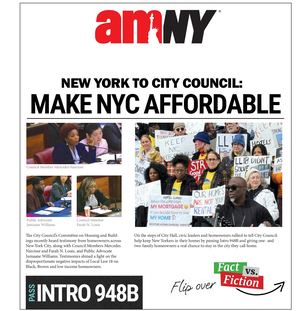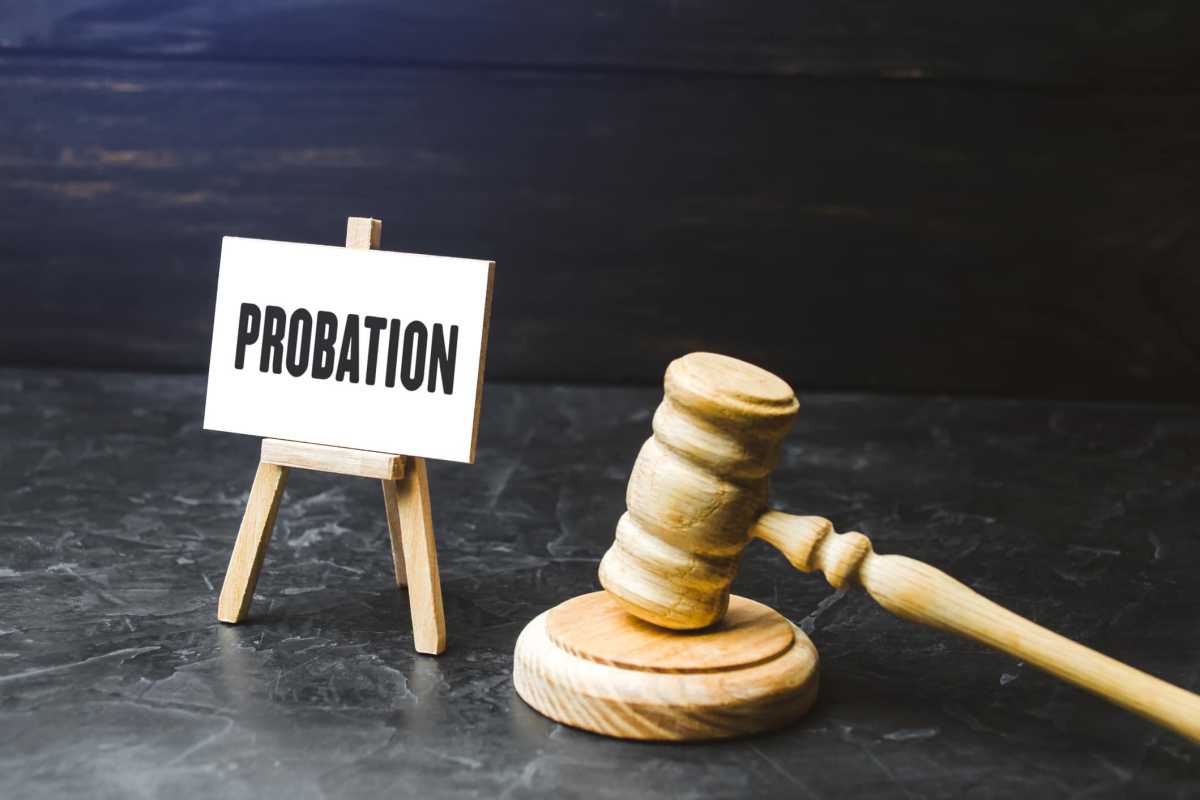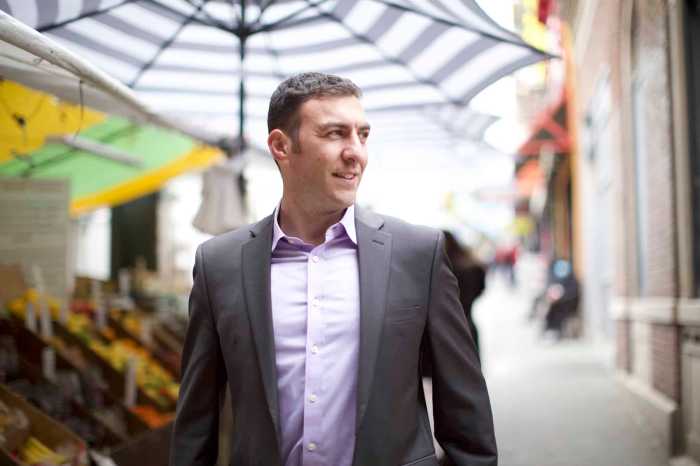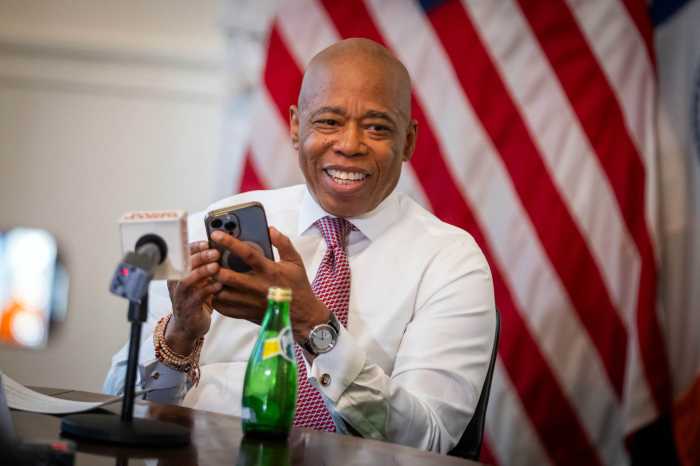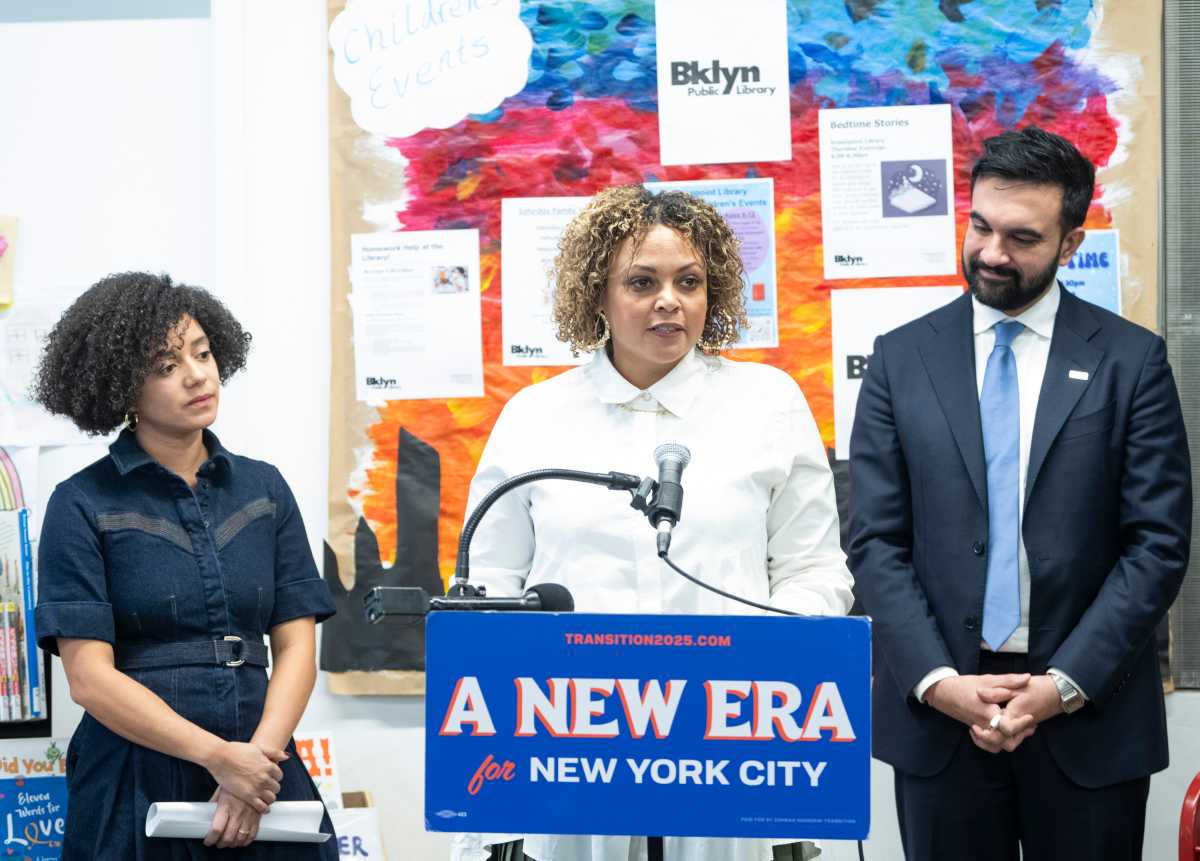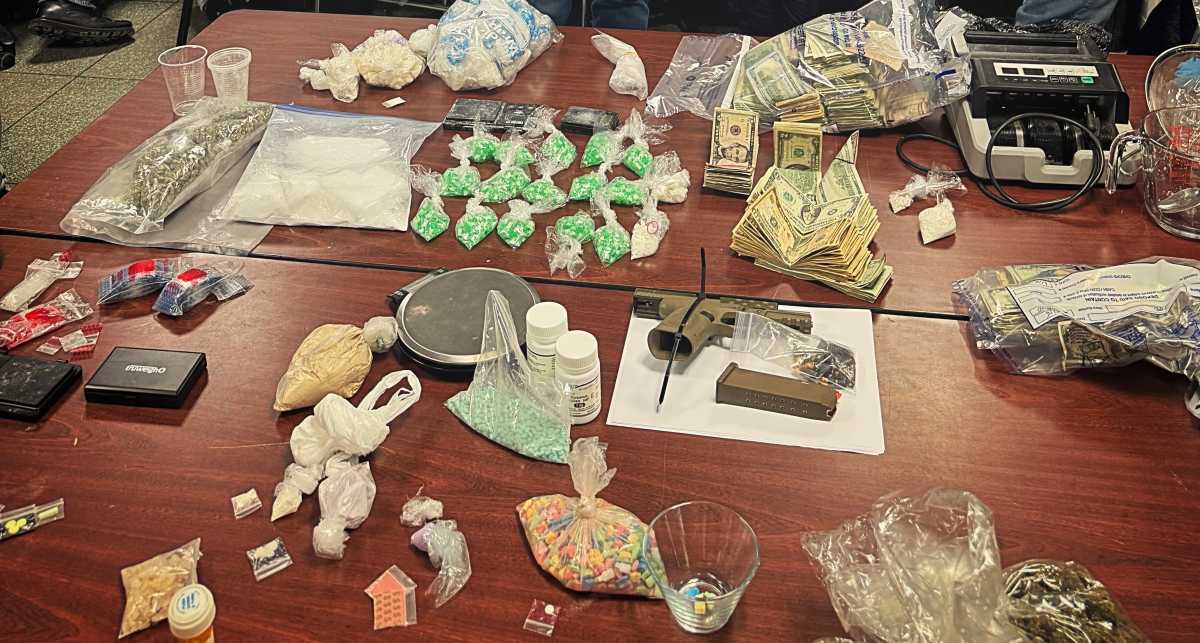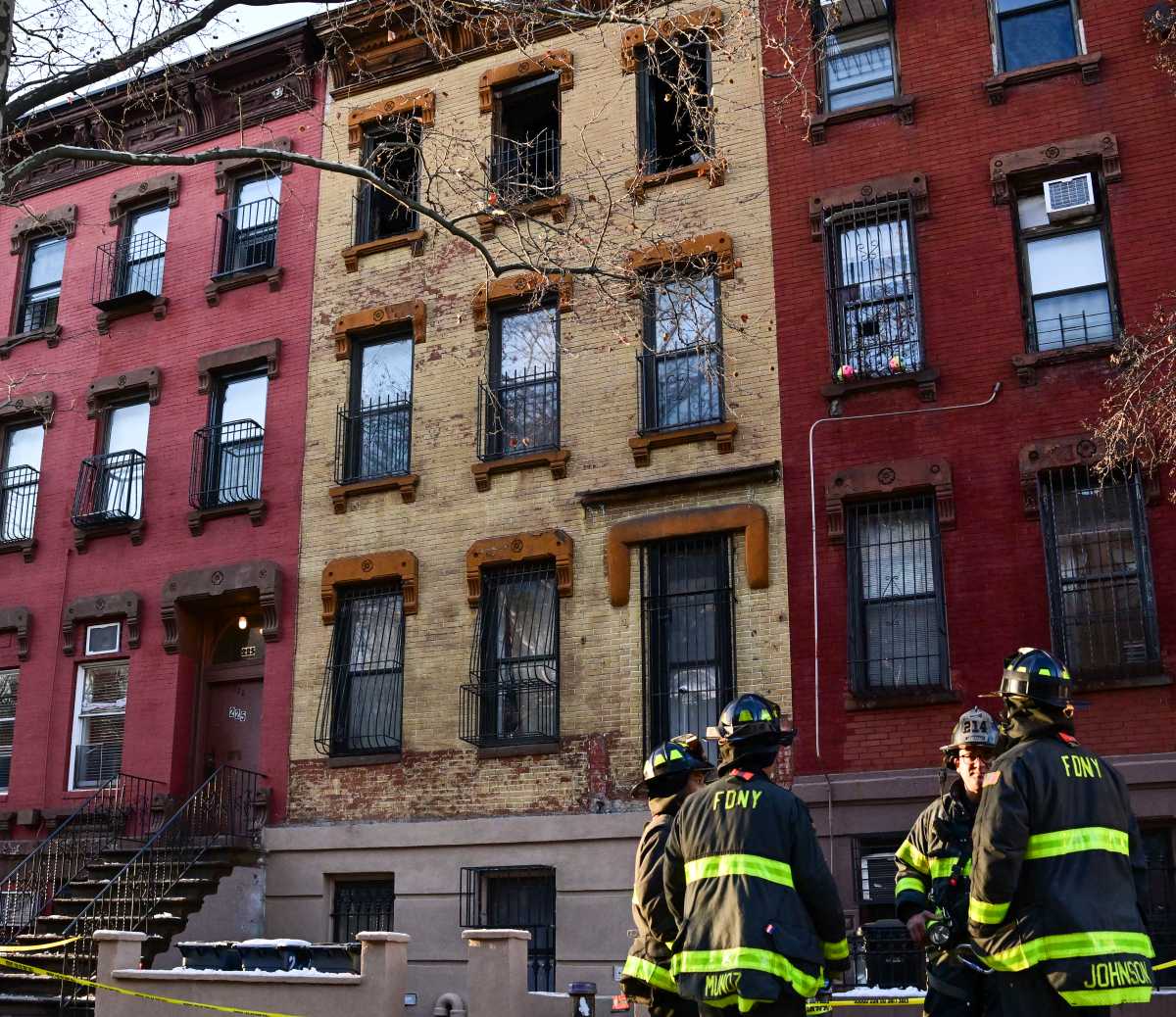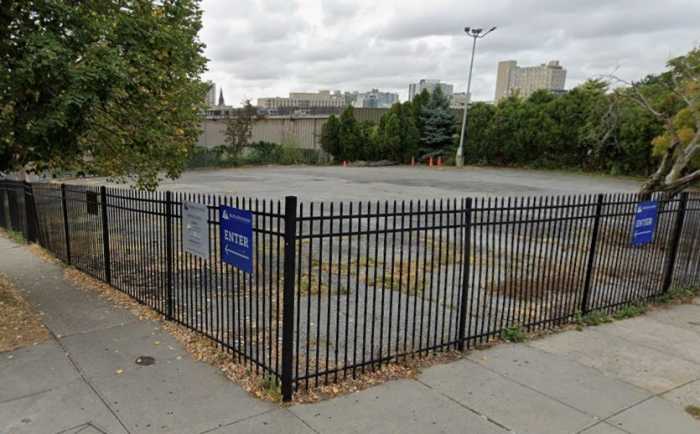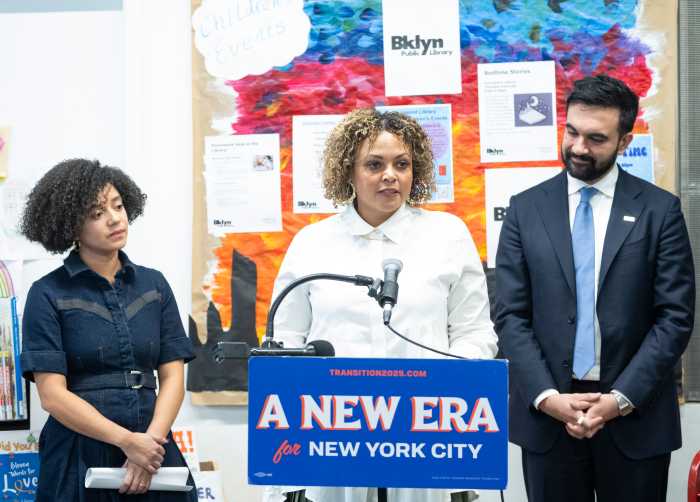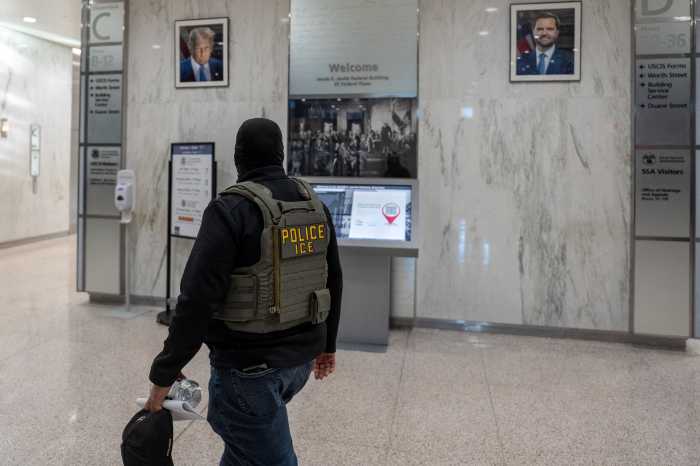Last year, I concluded my over three-decade-long career at the New York City Department of Probation, ultimately becoming Deputy Commissioner of Juvenile Operations. Having spent the bulk of my adult life engaging with youth in the juvenile justice system, I am uniquely qualified to discuss what helps them forge a different path forward and what doesn’t.
Here in New York, we’ve spent years subjecting our young people to adult prosecution and punishment, leaving them with the lifetime stigma of a criminal conviction. But, what I’ve learned from my more than 30 years of experience is that to grow and succeed, young people need to be connected with caring, culturally-competent adults who offer support and open doorways to future opportunity.
It’s high time that we listen to what works and prioritize compassion and rehabilitation over criminalization.
We can do this first and foremost by fully funding New York’s Raise the Age law which, since its implementation in 2018, moves most of our young people’s cases through family court, rather than adult criminal court. Having overseen citywide probation operations and programming under family court jurisdiction as well as diversion opportunities in the new Youth Parts, I know firsthand how crucial these services are to reducing recidivism amongst young people.
But, you don’t just have to take my word for it – the numbers speak for themselves.
Over two-thirds of youth who participated in New York City’s Advocate, Intervene, Mentor (AIM) program, which connects justice-impacted youth with specially trained mentors from the same communities as the youth they serve, completed the program without being resentenced to a juvenile residential facility. And at exalt, which elevates expectations of personal success for youth ages 15-19 who’ve been involved in the criminal legal system, nearly 95% of graduates have not recidivated two years out.
By contrast, according to a recent report by The Sentencing Project, an alarming share of young people incarcerated in youth correctional facilities are later arrested, convicted, and incarcerated as adults.
Given the critical nature of Raise the Age programming, it’s disappointing that the law’s implementation has received a fraction of the funding it was allocated. As of 2022, it’s been reported that only $270 million of the $800 million appropriated had been invested in community-based programs and services for young people throughout New York State. And New York City, which accounts for half of the youth justice system population, has been excluded from receiving State funding entirely.
Our young people need their leaders to invest in a support system that ensures access to educational opportunities, vocational training, mentorship, and more. This holds true for all young people, not just those currently served by Raise the Age.
That is why, secondly – but equally important – New York’s legislators must also pass the Youth Justice and Opportunities Act (YJ&O), which would expand alternatives to incarceration, diversion, and immediate record sealing for young people ages 19-25 who are arrested in New York State.
These emerging adults – whose brains have not yet fully matured – deserve effective, age-appropriate interventions to move them out of the criminal legal system and into education, stability, and economic opportunity. This is especially true for the tens of thousands of mostly Black and Brown youth, who are arrested across the State each year and face adult prosecution and criminal records, with no protections based on age.
The reality is that New York is not setting its young people up for success. The State’s youth unemployment rate is the second worst in the nation, and today one-in-four New York City children live in poverty.
When young people face economic hardship and a scarcity of opportunity, their risk of involvement in the criminal legal system exponentially increases, perpetuating a vicious cycle of recidivism. Luckily, through years of trial and error, we’ve learned how to disrupt this cycle. Now it’s time that we act on our learnings and offer our young people a way out.
As the former Deputy Commissioner of Juvenile Operations at the New York City Department of Probation, I’m proud to join advocates, elected officials, and fellow members of law enforcement in calling for criminal legal system reforms that focus on developmentally-appropriate solutions.
The evidence is clear: if we truly wish to give our young people the power to transform their lives, we need investment in programs, not punishment. We need compassion, not criminalization.
Gineen Gray is the former Deputy Commissioner of Juvenile Operations for the New York City Department Of Probation.
Read more: NY NOW 2024 Winter Market Showcases Exciting Finds
